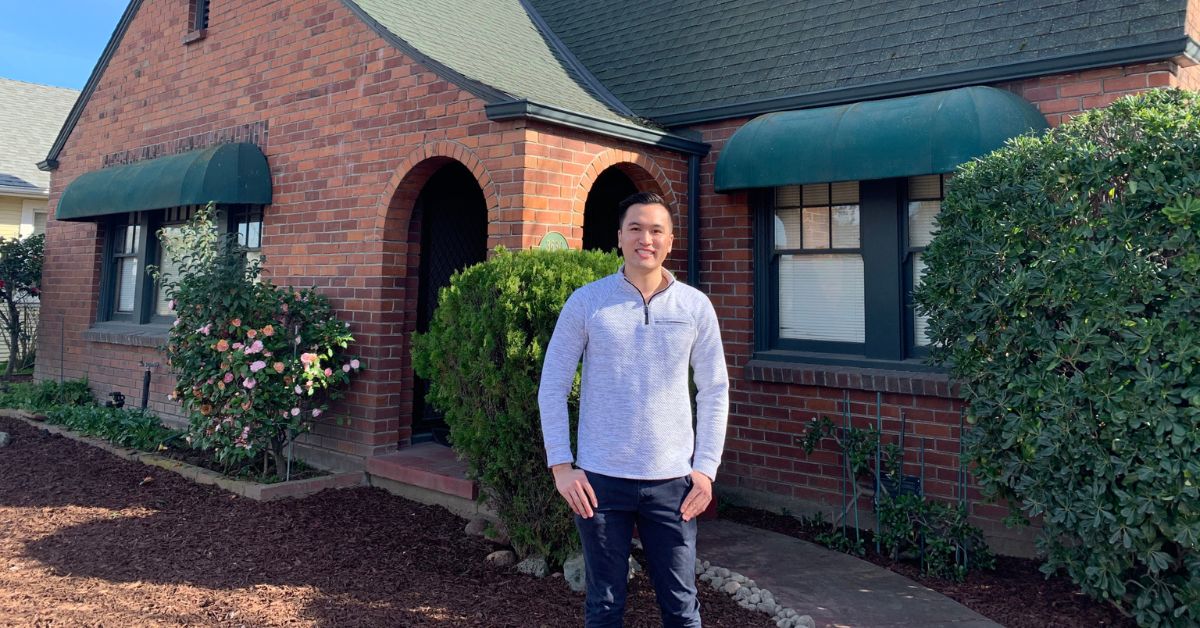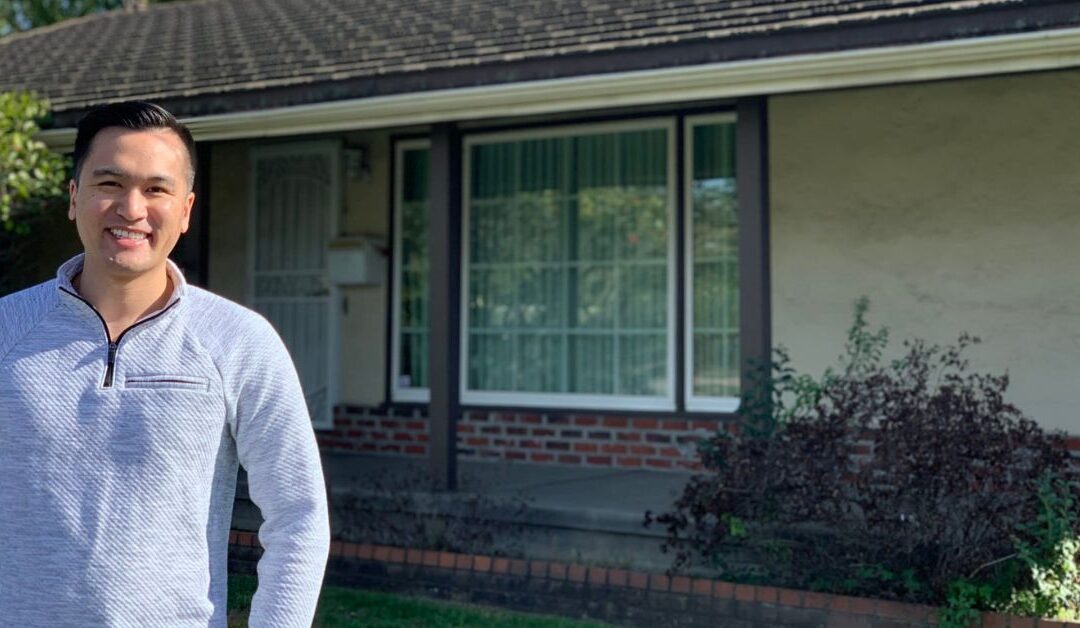What type of rental property is most profitable?
Today, you’ll learn what property you should invest in for the highest profits.
After all, there are different types of rental properties – and some are far more profitable than others.
Want to learn more?
Read on!
What are the most profitable real estate niches?
Within real estate investing, there are a variety of different niches you can choose. Let’s take a look:
Rental properties
Want to invest in rentals? Then there are different types of properties you can go with to niche down even more. Here are a few examples (and I’ll talk about what I recommend in a minute):
Residential – Depending on the neighborhood, investing in residential properties is a solid option to benefit from property appreciation long-term.
Commercial – Within the commercial real estate niche, you can choose retail, office, or even industrial facilities.
Single-family – This type of rental is generally stable thanks to the continual demand for housing.
Multi-family – Multi-family rentals can range from a few units to several hundreds.
House flipping
House flipping can be risky, but it’s also a potentially lucrative niche to choose.
Here, the idea is to buy broken-down houses in good neighborhoods, renovate them completely, and then resell them – for significantly more than what you paid for them.
One of the keys to being successful as a house flipper?
Always carefully calculate what your ROI would be after factoring in all your expenses, like your mortgage and renovation costs.
Keep in mind that unexpected expenses can add up quickly, so it’s a good idea to have a financial buffer just in case.
Real Estate Investment Trusts (REITs)
Want to get into real estate investing – without having to buy properties yourself? Then choosing a real estate investment trust could be a smart move.
With this investment model, you’re able to pool your capital with other investors and collect dividends.
Instead of owning real estate yourself, you make it possible for others to buy – while eliminating some of the risks associated with traditional investing.
In fact, over the past several decades, REITs have outperformed the S&P 500 Index and inflation. So, if you’re looking for stable, long-term returns, REITs are a great option.
Real estate crowdfunding platforms
In essence, real estate crowdfunding allows investors to pool their money and fund real estate projects as a group.
So, what this means is that if you’re interested in getting into investing but don’t have the finances to fund an entire project yourself, you can still find investment opportunities that match your budget.
In fact, some crowdfunding platforms will let you start investing for as little as $500.
Keep in mind, though, that real estate crowdfunding typically isn’t a liquid investment option because it’s tied to real estate projects that can potentially span years.
Alright, now that we’ve looked at a few options, what should YOU choose as an investor to maximize your returns? That’s what we’ll look at next.
What is the best investment property to start with?
If you’re looking for the most profitable real estate investment out there, rental properties are the way to go.
Why?
One big reason is that rental properties can help you build passive income.
And once you have income streams that can cover your living expenses with minimal active work on your part, that gives you enormous freedom.
For example, thanks to the passive income I generate from my own rentals, I’ve been able to retire in my early thirties and do other things besides work, like travel abroad:

Alright, here’s a quick rundown of some relevant terms to know:
- Cash flow – In the context of rentals, cash flow means the money that flows in and out of your account based on your investment-related activities. You can calculate your cash flow using a calculator like this one.
- Appreciation – Basically, appreciation is the increase in real estate value that happens over time. So, your rentals could become more valuable in the future, even if you don’t make any improvements.
- Tax benefits – By renting out properties, you can qualify for tax breaks that can lower what you owe when tax season rolls around. Here’s an example: If you rent out a property that’s far from where you live, your travel expenses are tax-deductible.
Okay, now you know some key benefits of investing in rentals. But let’s dig deeper. What’s the best niche to go with?
As I talked about earlier, there are several sub-niches you can choose within the rental niche.
For example, you can go with short-term rentals (think Airbnb or Vrbo), rent out commercial spaces to businesses, or target student renters.
Obviously, there are pros and cons to each option, but here’s why I recommend student housing as a niche:
- It’s a safe investment
- You get good cash flow
- You don’t have to be an expert to get started
I talk more about student housing specifically here:
How to calculate the value of your property
Several factors influence how much a property is worth (and your ROI.)
So, let’s look at a few more terms here:
Net operating income: Your property revenue minus your operating expenses.
Cash flow: The money that’s being earned or spent related to your real estate investments.
Cap rate: An equation that measures the expected ROI on a property.
Cash on cash return: A ratio that calculates the amount earned based on the total amount invested.
Take the time to understand these terms so that you make your investment as risk-free as possible.
With that, let’s look at how to make your rental property a profitable investment.
How to know if a rental property is a good investment
Okay, so you want to buy rental property, but you’re not sure how to choose the best deal. Here are some steps that can help.
Market research
Once you’ve chosen a specific niche, research the area you want to invest in to make sure there’s a hole in the market that YOU can fill.
For example, if you want to target students, choose an area that has high demand for student rentals, like college towns. You should know things like vacancy rates, pricing trends, population demographics, and what your competition looks like.
Ultimately, doing your research can help you avoid investing in a property only to realize there’s no demand in the area for what you want to offer.
Analyzing the neighborhood
Depending on what kinds of tenants you want to attract, the neighborhood you choose matters. For example, is it a walkable, safe area? Is there a metro or bus stop nearby?
These are a few factors that your target tenants will consider when they’re deciding whether to move in, so make sure the property you’re looking at is well-located based on their needs.
Keep in mind that retirees and students will have different housing priorities, so identify who you want to rent to before analyzing neighborhoods.
Choosing a property
If you’re a newbie investor, choosing a single-family home is a smart move.
Why?
A few reasons…
First, there’s a growing demand for single- versus multi-family housing, with over one million single-family units built in 2022 alone.
Another reason is the cost.
As I mentioned, multi-family properties can be huge, and they require a higher down payment compared to single-family rentals.
By choosing a smaller property, you can start investing sooner and enjoy better property appreciation and cash flow.
In fact, houses that are under 1,200 sq. ft. have been appreciating at over 7% per year for five years running. That’s in contrast to just 3.8% for houses that are over 2,400 sq. ft.
Determining your rent
How much rent should you charge? It depends on different factors, like location, size, amenities, etc. If you want to get an estimate, tools like this one can help.
With that said…
If you decide to go with student housing, you can earn significantly more for the same property. How? By converting extra rooms into bedrooms.
Case in point: This was the fourth property I invested in, and the monthly rental estimate was $1,600-1,700.

By adding just two bedrooms, though, I maximized the number of renters and now earn over $3,100 per month on this house.
And that’s how many of my own clients have been able to get a positive cash flow relatively quickly.
For example, my coaching student Wahyudinata went from no property to $5,500 in monthly cash flow:
Buying a rental property
When you’re ready to buy, I recommend putting down the biggest down payment you can afford.
That way, you’ll pay off your mortgage faster (and with less interest).
If you don’t have enough to put down 20% yet, get a temporary second job, like I did. Or, partner with someone and split the proceeds of your investment (which I’ve also done).
I go into more detail here:
Next steps
So, now you know what type of rental property is most profitable. As you can see, you have lots of options, but renting to students can be particularly lucrative.
Want more help?
If you’re ready to scale faster (and avoid common pitfalls), contact me about coaching.
Read more:
How to Find a Real Estate Investing Mentor


